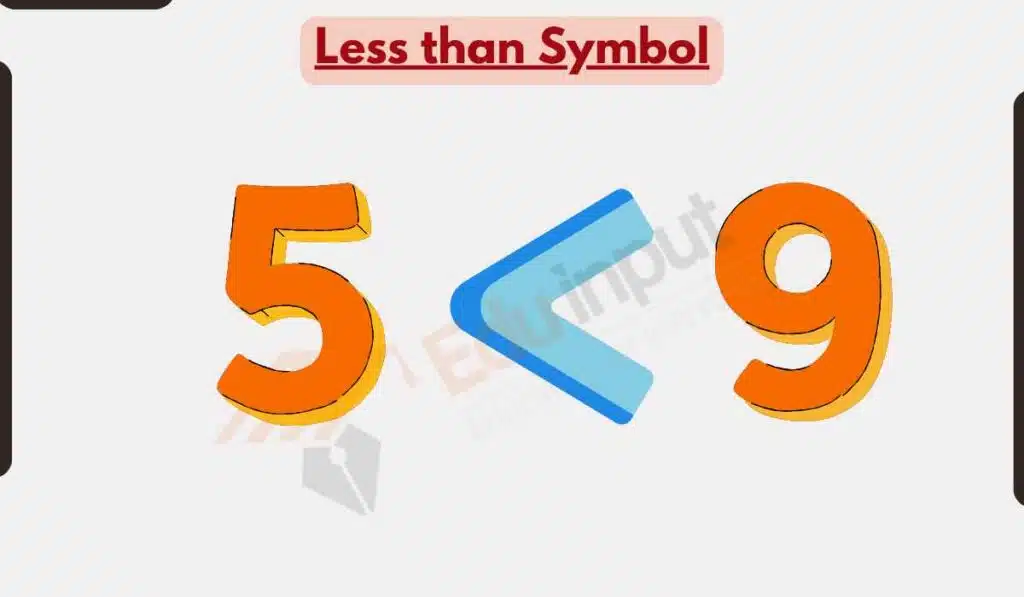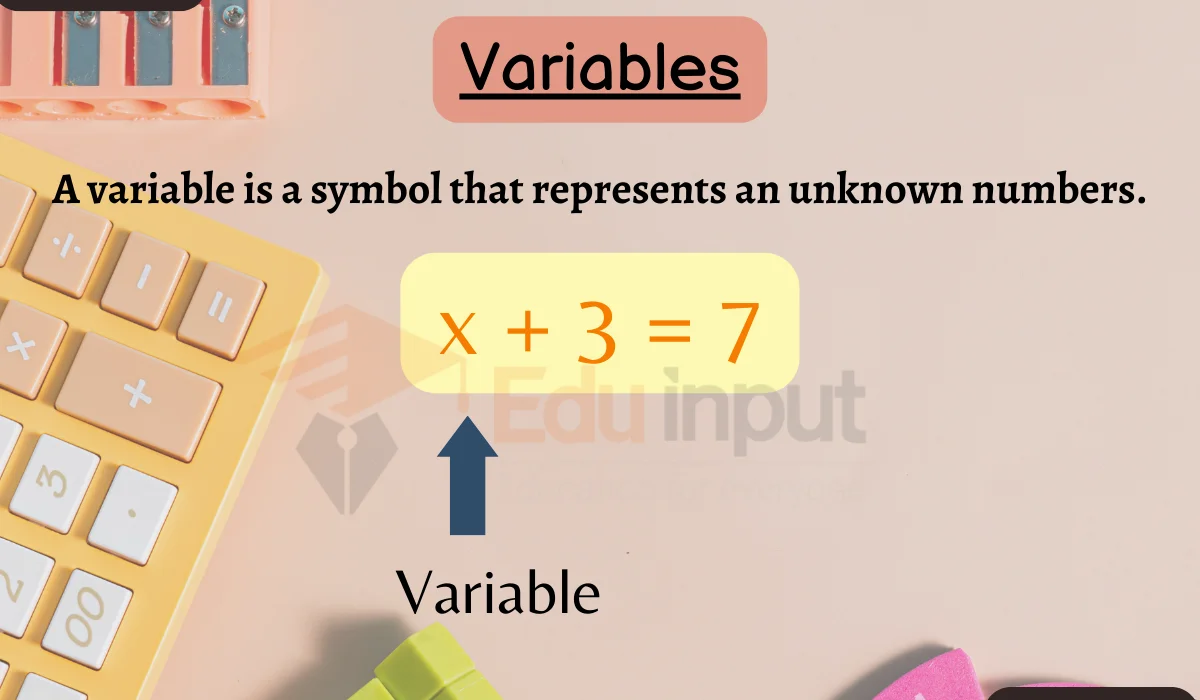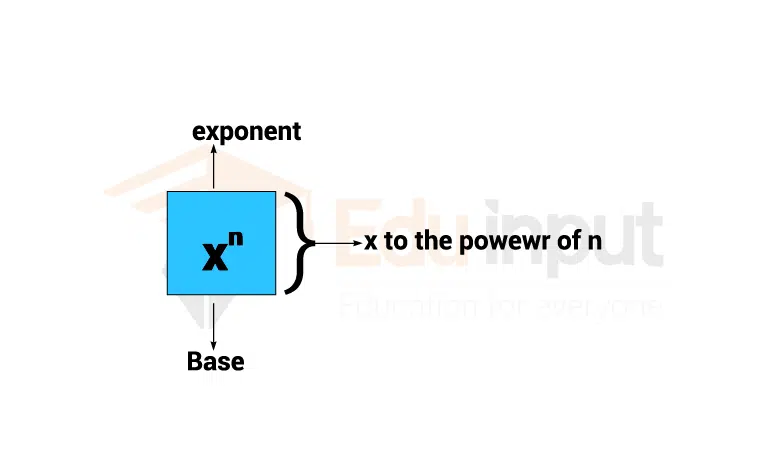Less Than Symbol
In mathematics, symbols are like math’s special words, and one important symbol we often see is the “less than” symbol, which looks like this: <.
In this article, we will discuss less than symbol and understanding some examples of less than symbol.

Symbol
The less than symbol is <. It signifies that the value on the left is smaller or less than the value on the right.
Examples
5 < 8 (Read as “5 is less than 8.”)
12 < 20 (Read as “12 is less than 20.”)
Table
Certainly! Here’s a table with examples of the “less than” symbol (<) comparing different numbers:
| Number 1 | Number 2 | Comparison |
|---|---|---|
| 5 | 8 | 5 < 8 (5 is less than 8) |
| 12 | 20 | 12 < 20 (12 is less than 20) |
| -3 | 0 | -3 < 0 (-3 is less than 0) |
| 1.5 | 2.0 | 1.5 < 2.0 (1.5 is less than 2.0) |
| -10 | -5 | -10 < -5 (-10 is less than -5) |
| 7 | 7 | 7 < 7 (7 is not less than 7, they are equal) |
| 0 | -1 | 0 < -1 (0 is less than -1) |
In each row, we have two numbers, and the “less than” symbol (<) is used to show the comparison between them, indicating which number is smaller or comes before the other in terms of value.
Applications of the Less Than Symbol
Inequality Statements
One of the primary applications of the less than symbol is in the creation of inequality statements. For example,
x < 5
y < 10These inequality statements indicate that x is less than 5, and y is less than 10, enabling mathematicians to establish constraints and boundaries within equations.
Set Theory
The less than symbol also finds extensive use in set theory. When dealing with sets and their elements, mathematicians often employ the symbol to define relationships between sets.
For example,
Set A is a proper subset of Set B, denoted as A < B.This notation denotes that all elements of set A are also elements of set B, but A is not equal to B.
Geometry
In geometry, the less than symbol can represent angles. For instance:
∠ABC < ∠XYZThis notation signifies that angle ABC is smaller in magnitude than angle XYZ, which is important when working with angles in geometric problems.







Leave a Reply